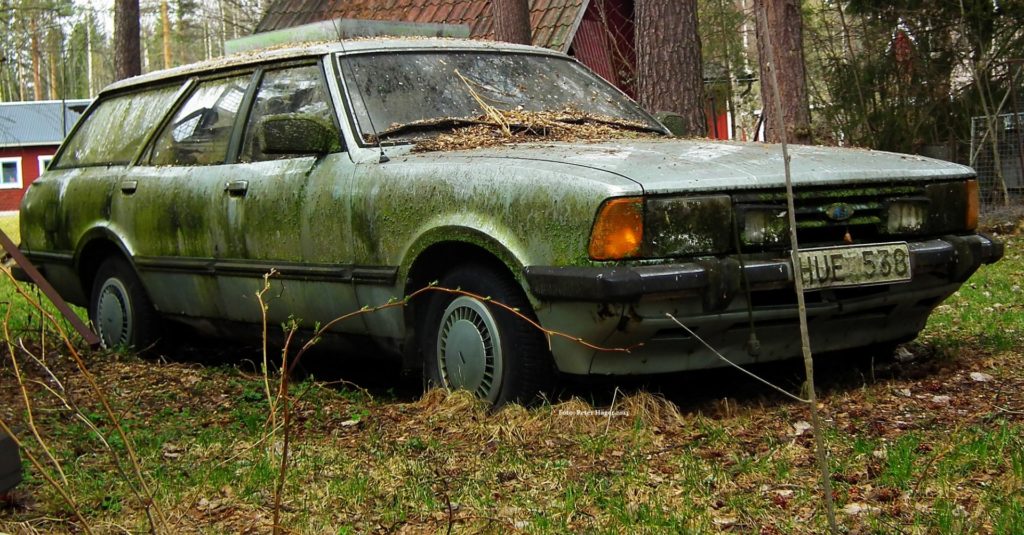There are over 1 billion passenger cars currently in use around the world.
Producing and maintaining these vehicles takes a lot of energy and materials. Fortunately, vehicle recycling allows us to salvage vehicles that are past their prime. Not only does that contribute to a better economy, but it's environmentally-friendly at the same time.
If your car is ready to join the rest of the junk cars Miami includes, you should know about the benefits of recycling. And beyond the benefits, we'll tell you where your car is going and why recycling is your best bet.
Read on to learn 17 important facts about automotive recycling.

1. International Car Recycling
Research shows that 91% of the world's plastic isn't being recycled. Vehicles, on the other hand, have a much higher recycling rate.
In fact, they're the most recycled consumer product in the world. Over 27 million vehicles being recycled around the world every year.
The worldwide automotive recycling industry isn't new, either. It's been around and active for at least 75 years.
Today, the biggest auto-recycling regions and countries in the world are in Europe, Japan, and the US. Together, they are responsible for 70% of the world's auto recycling. They're also the largest exporters of ferrous scraps.

2. Car Recycling in the US
The US has the 16th-largest car recycling industry in the world. Of the 27 million vehicles recycled every year, 12 million are recycled in the US.
Car recycling is an important part of the American economy. It contributes $25 billion to the GDP every year.
3. Almost Any Car Can Be Recycled
Regardless of the condition of your car, you can probably recycle it. Cars that aren't running – and even cars that have nothing left but the frame – can be recycled.
Most recycling facilities will take cars in all types of conditions. All you have to do to offload it is cancel your insurance, transfer the title, and remove all of your stuff. While some companies will offer pickup services, most require you to bring the vehicle to their yard.
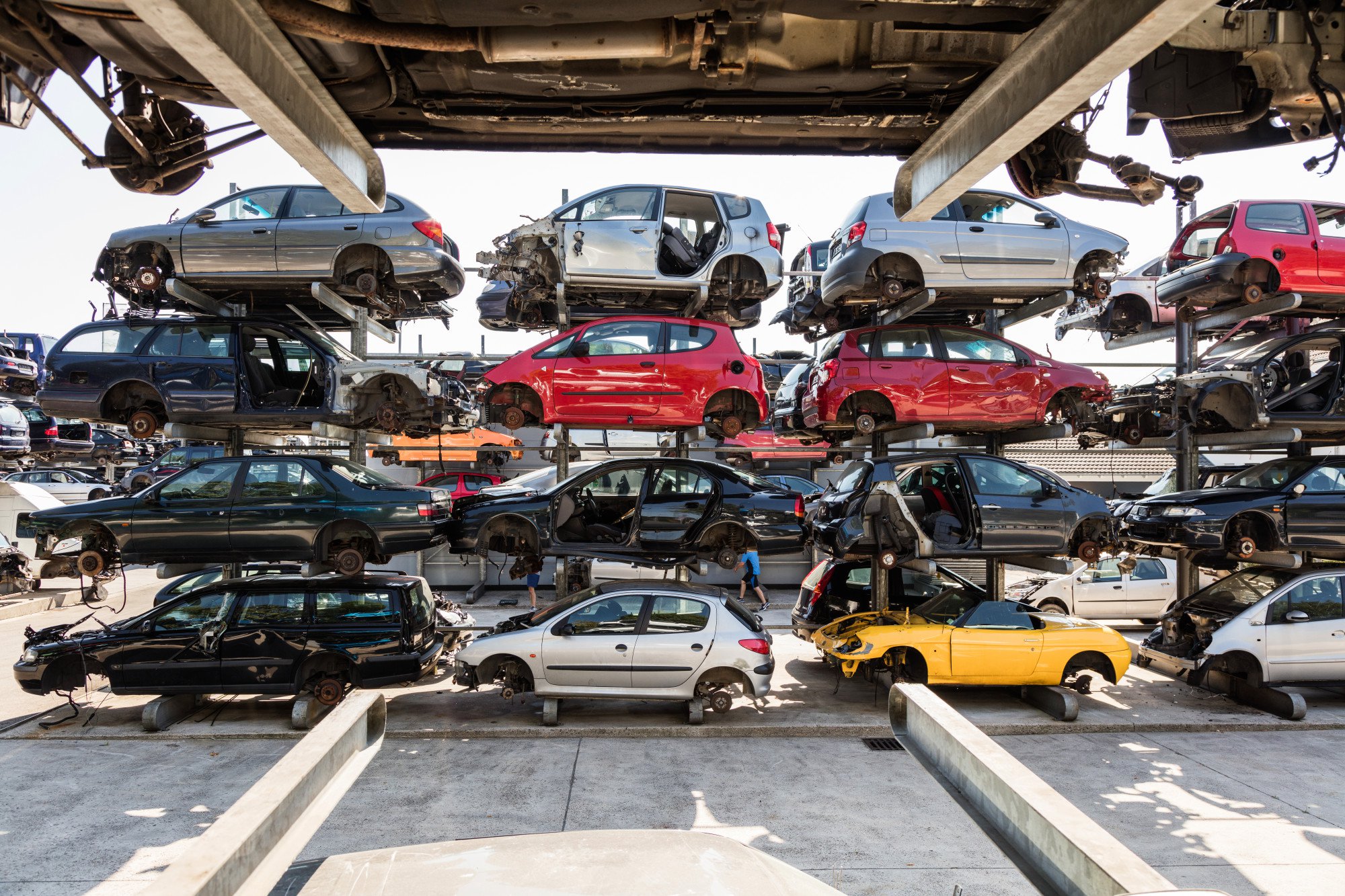
4. ASR
In the US, as much as 80% of a vehicle is recycled. In Europe, about 75% of a vehicle is recycled.
What remains is called auto shredder residue (ASR). These are the parts of a car that can't be reused or recycled. It includes things like metal pieces, dirt, glass, fabric, paper, wood, rubber, and plastic.
Unfortunately, these pieces end up in landfills. Approximately 5 million tons of ASR wins up in landfills annually.
5. A Lot of Your Car Can Be Recycled
While some parts of a vehicle do end up in landfill, the majority of a car can be recycled. Most of that recycling is in the form of salvaging parts to sell on the automotive aftermarket. This might include tires, wheels, radiators, transmissions, rubber hoses, and even seat belts.
But your car is also made of materials that can be used in any number of applications. The metals in your vehicle include palladium, zinc, platinum, aluminum, tin, cobalt, and steels. There is also plastic, rubber, carbon fiber, and glass.
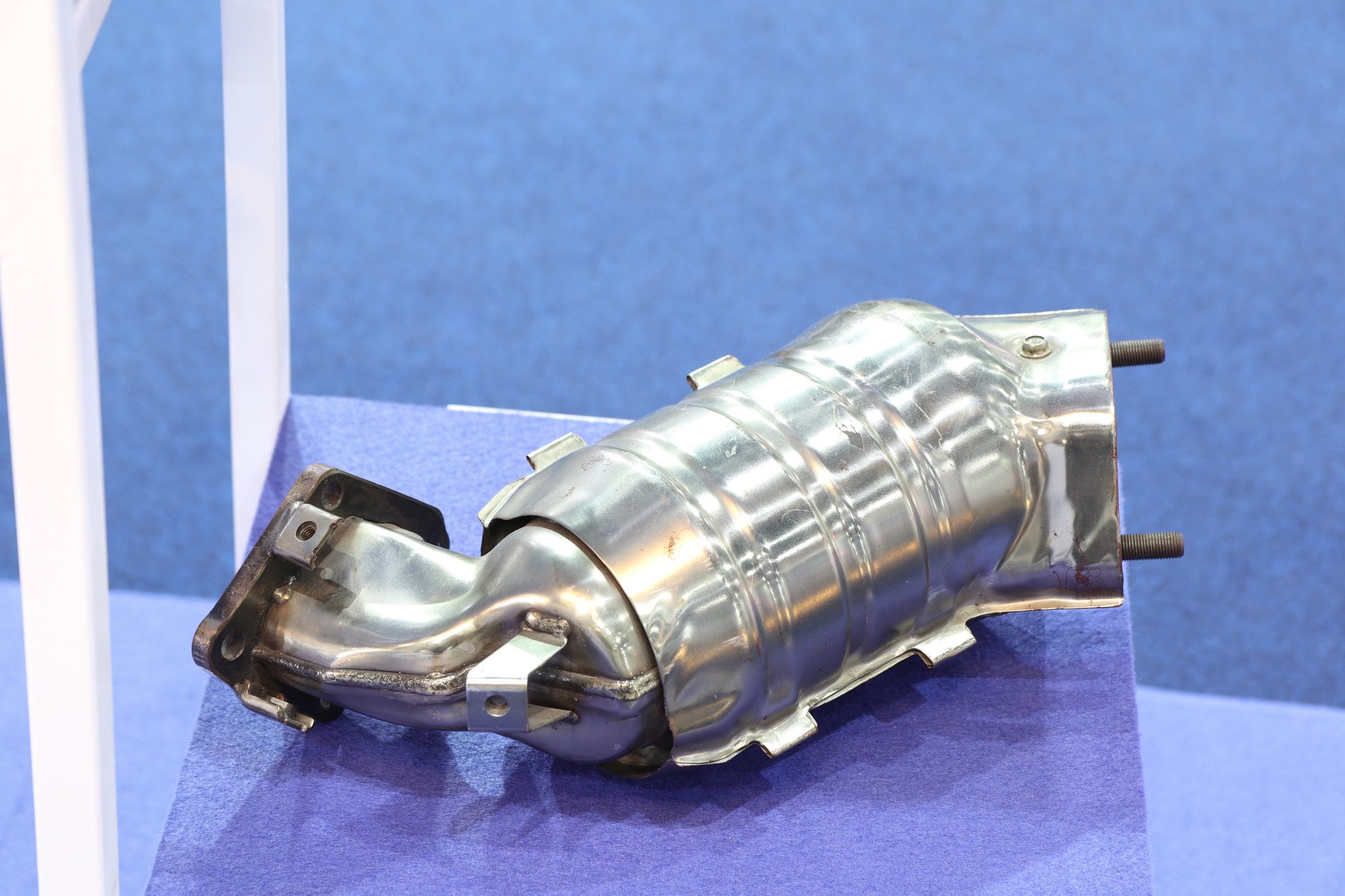
6. Car Tire Recycling
The tires of cars are made of highly-durable rubber. That rubber is an important component of vehicle recycling.
It can be used to produce everything from sandals to roadways. It's also an affordable and accessible material that's often used in these applications in the developing world.
7. Car Glass Recycling
A relatively new aspect of vehicle recycling, facilities are now finding unique ways to recycle the glass components of vehicles. Car windshield recycling can be used to create tile flooring, porcelain, glass beads, jewelry, and countertops.
Recycling windshields is really great for the environment, too. Just one ton of recycled glass can save up to 10 gallons of oil. That oil would have otherwise been used in the production of new glass.
8. Steel Recycling
The weight of a vehicle is mostly comprised of the steel that goes into it. Steel is an important metal because of its resilience. You can melt steel down an infinite number of times and never lose any of the strength.
Every year in the US, approximately 18 million tons of steel are recycled. From that recycled steel, about 13 million new vehicles can be produced. In addition to that, when old steel is melted down and reused, it's far better for the environment than producing new steel.
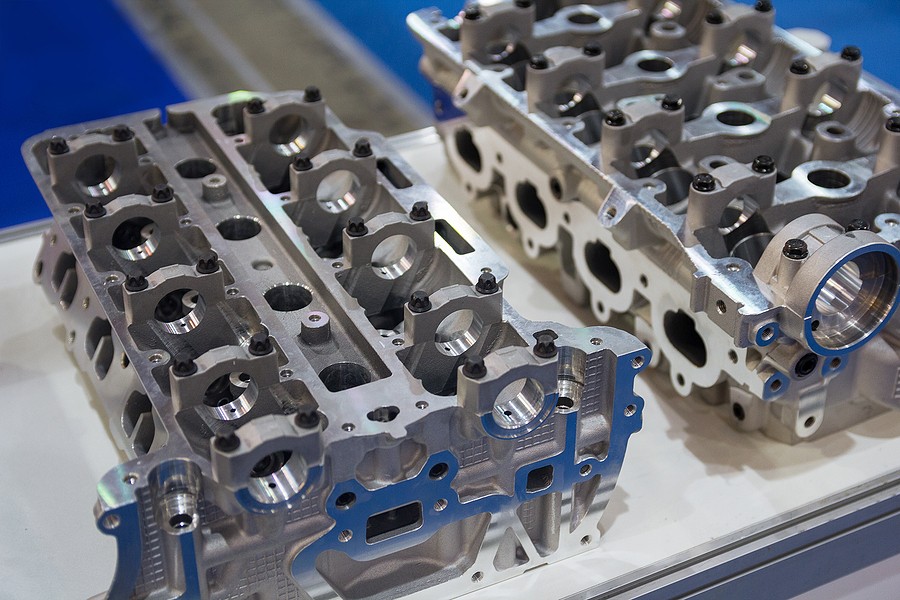
9. Electric Vehicles and Recycling Batteries
Most old car batteries can be recycled. They're used to produce new batteries and recycling them is as simple as returning it to the shop where you replace your car battery.
As much as 99% of car batteries can be recycled. However, electric vehicles and hybrids are shaking that figure up a bit.
Electric vehicles and hybrids use lithium batteries. These batteries tend to be more volatile than regular car batteries. Recycling companies are being forced to invest in the technology needed to dispose of these batteries properly.
10. Even Liquids Can Be Reused
There isn't much of a vehicle that can't be salvaged. That includes some of the liquids in the vehicle.
After dropping off your vehicle at a recycling facility, the facility will inspect the car. They may decide that it's worth repairing. But in most cases, they'll decide that repairs are unprofitable and they can make more money from recycling.
The first thing they'll do when they dismantle the vehicle is draining it of any fluids. The recycling facilities will remove oil, gas, antifreeze, transmission and brake lubricants. Gas and oil can be filtered and reused, while the others are properly disposed of.
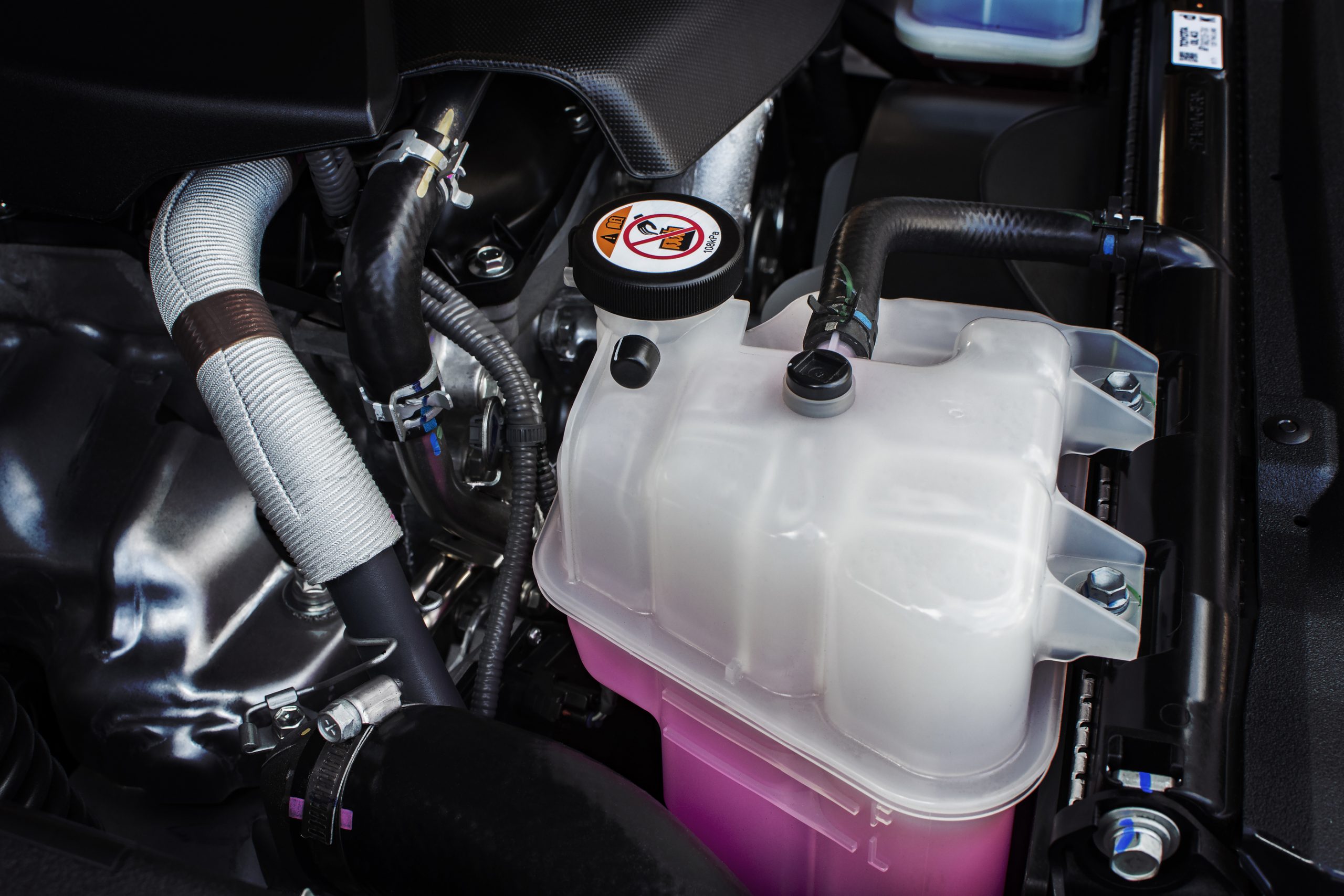
11. Recycling Helps the Environment
When vehicles are brought to recycling facilities, the facility can properly dispose of the hazardous components. By some estimates, auto recyclers safely reclaim the equivalent of eight Exxon Valdez disasters.
In addition to reclaimed oils and fluids, car recycling helps the environment in the following ways:
- Recycling four car tires reduces CO2 emissions by 323 lbs.
- Recycling car metals reduces GHG emissions by over 30 million metric tons every year
- Recycling switches has kept approximately 9,000 lbs of mercury out of the environment
Of course, recycling materials instead of letting them decompose n landfills is the more environmentally-friendly option. But, considering the sheer amount of them, recycling cars is particularly helpful for conservation.
12. Recycling Protects Our Water Table
The environmental benefits of vehicle recycling are so important it deserves two spots on our list.
Recycling your vehicle also contributes to healthier groundwater. By recycling batteries, heavy metals like mercury and lead are kept out of the environment, where they can contaminate our groundwater.
13. Car Recycling Helps Local Business
The US has over 7,000 facilities where you can recycle your vehicle. The majority of these facilities are small businesses.
In fact, about 75% of these auto recycling facilities employ ten people or fewer. And in one in five of these facilities, the owners are the only employees. So if you're all about buying local and boosting your local economy, recycling your vehicle at one of these facilities can help.

14. Car Recycling Creates Employment
Beyond supporting local business, you're also helping create employment by recycling your vehicle. The Environmental Protection Agency report that the recycling industry creates over 700,000 jobs every year and pays over $36 billion in wages.
15. Recycled Parts Make Car Parts Affordable
Many of the parts of your vehicle can be sold before the car is destroyed for scrap metal and other components. These parts may be in good enough condition to sell as-is. Others may need to be refurbished before they can be used again.
Regardless of how they make their way to the auto part market, recycled parts make parts both affordable and accessible. Most recycled parts are sold for between 20 and 80% less than new parts.
16. Recycling is Mandatory in Some Places
In some states, you don't have a choice about recycling your vehicle. Or at least, you don't have a choice when it comes to disposing of your battery.
Because of the hazardous parts and fluids in a car battery, many states have mandated that they're properly disposed of. In California, Texas, Virginia, Indiana, and Pennslyvania, you have to recycle your vehicle battery.
These laws don't just apply to conventional car batteries. In California, there are also laws regulating the disposal of lithium-ion, nickel-metal hydride, and nickel-cadmium batteries.
17. You Can Make Money
If it's time for your car to kick the bucket, you should think about recycling. Recycling your vehicle allows you to make a little money while protecting the environment and contributing to a better economy.
Most facilities will pay you for bringing your car in. You can also get a bit of money for your car battery. Most batteries will put an extra $15 in your pocket.
Is Your Car Ready to Join the Other Junk Cars Miami Contains?
When your car is ready to join the other junk cars Miami has to offer, you should consider recycling it. Recycling your vehicle is better for the environment and your local economy.
It can also put an extra few dollars in your pocket – especially if you sell it for cash with us. Contact us to find out how much your vehicle is worth.

